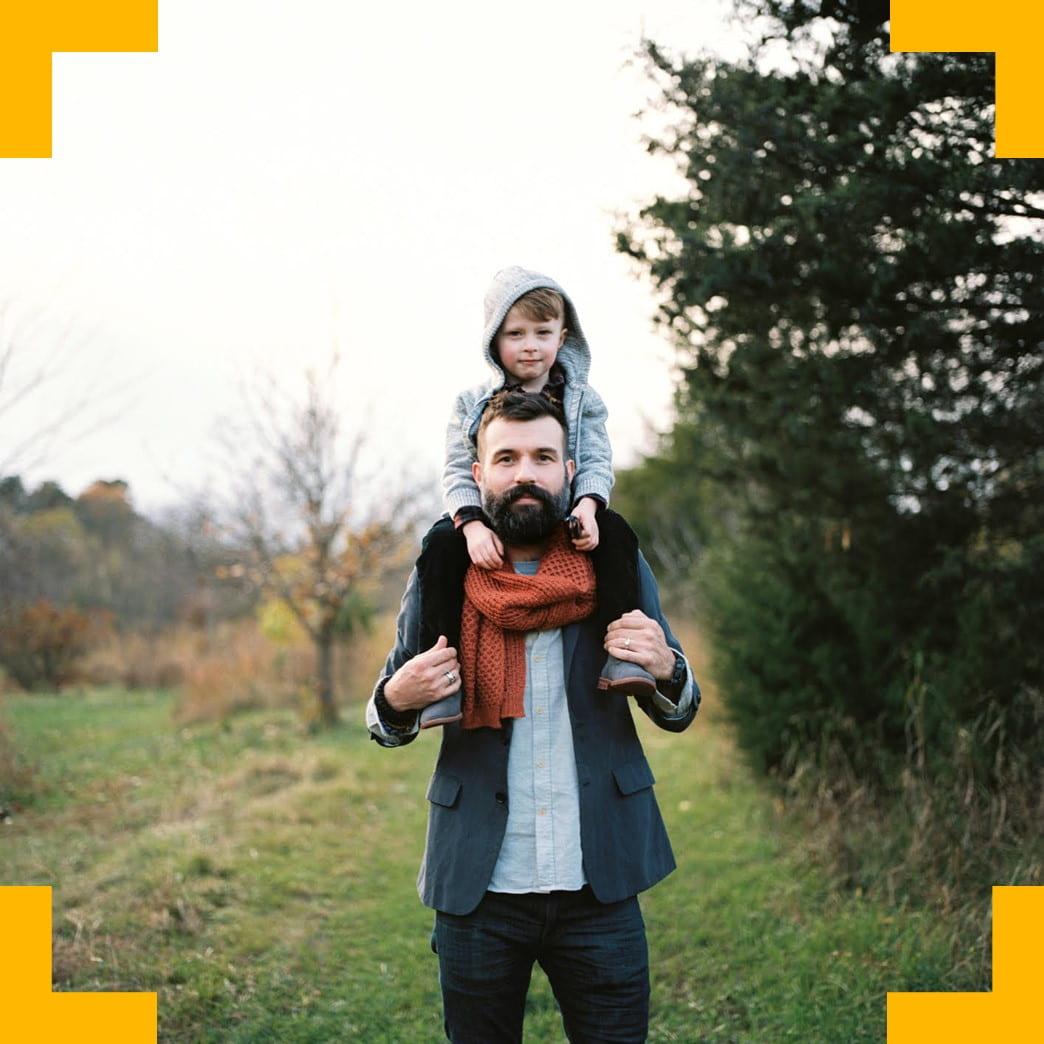Conversations with Fathers
How can researchers re-approach support networks and information for fathers to safeguard and improve the wellbeing of fathers and their families?

Support for fathers is essential: both for the fathers themselves, as well as children and mothers. Resources for mothers, while not always adequate, are more readily available than those for fathers.
Attempts to engineer support for fathers have often failed, arguably for one or more of three reasons:
- They replicate structures of informal female support, which are not always a natural fit for men
- They focus on unidirectional information provided by ‘experts’ reinforcing the ‘father as information gatherer and supporter’, and paying insufficient attention to affective components of fatherhood
- They come in written form, requiring relatively high literacy skills and motivation to access
The latter two appeal most to highly resourced men and can exclude a multitude of fathers who need support. There is an urgent need to encourage conversations around normal, everyday fatherhood that falls outside of the dichotomy presented in popular culture: that of the idealised father, or a bumbling and feckless dad.
What did the project involve?
The team created an online resource that was co-produced with fathers. It was structured around videos that capture conversations around fathering practices that extend the breadth of the everyday. Each of the videos explored what can and ought to be considered ‘normal’ and ‘acceptable’ fathering practice, and in doing so, extended thinking about the practice of fatherhood beyond the child, to include the parenting partner as well.
An interdisciplinary team was assembled to help create these resources. Their previous research had identified a range of difficulties and uncertainties faced by fathers. This included the challenge of developing intimate relationships, managing and maintaining mental health, and the moral complexity of negotiating competing obligations to their partner, their child(ren), and their workplace.
It was crucial that the resource was accessible and non-cognitively demanding, focusing on everyday aspects of parenting as a man.
Who are the team and what do they bring?
- Jonathan Ives (Bristol Medical School) is a Philosopher working in Bioethics. He has published widely on the development of interdisciplinary Empirical Bioethics methodologies, and philosophical/normative accounts of fatherhood (which he studies using qualitative and philosophical methodologies). He has experience co-producing research with service users (recovery from Puerperal Psychosis) and is a member of a European Network of Fatherhood Researchers.
- Esther Dermott (Policy Studies) is a Sociologist of families with an extensive track record of work on fathers and parenting. Her work has focused on developing conceptual tools for understanding contemporary families; assessing questions of ‘good’ in relation to men’s parenting; and qualitative/quantitative studies of parenting/fathering practices. She is a co-founder of a European Network of Fatherhood Researchers.
- Iryna Culpin (Bristol Medical School) has particular interest in the role fathers play in child development and aetiology of maternal perinatal depression. She has published widely on family risk factors that shape child development, including father absence, parental conflict, maternal depression and negative parenting.
- Julie MacLeavy (Geographical Sciences) has longstanding research interests in the spatial and gender politics of wage work and care work. Julie has published widely on the contemporary political-economic context in which men and women now juggle work, home and family, focusing on the impact of neoliberal policy reforms on contemporary work-care orientations in the UK.
- Bluebell (Bristol): A local charity that supports families through depression related to pregnancy and birth and hosts ‘Dads’ Zone’, a group offering support to fathers, including those whose partners are affected by perinatal depression (via Culpin).
- Fatherhood Institute: The resource was made available to the Fatherhood Institute to review, use and disseminate.
What were the results?
After holding an event at Blaise Castle, the team realised that people had so much to say about fatherhood on a wider scale. They created a Twitter and webpage to publish children’s messages to their fathers – whether present, absent, or deceased. It attracted the local press, on radio and online, as people discussed the idea of fathers talking more openly about the challenges of bringing up children. They have also set up a Youtube channel to continue dissemination of their findings to a wider audience.
As Iryna Culpin’s interest in researching fatherhood progressed, she was able to secure major funding from a Wellcome Trust Fellowship. Her research involved monitoring fathers’ interactions with their newborns via wearable cameras.
The team ended up learning as much about the act of co-production as their original intended subject, and published ‘Tangible co-production? Engaging and creating with fathers’ in AREA, the journal of the Royal Geographical Society.
An article was also published by Bristol 24/7 called ‘Conversations with Fathers’.


Project Social Media